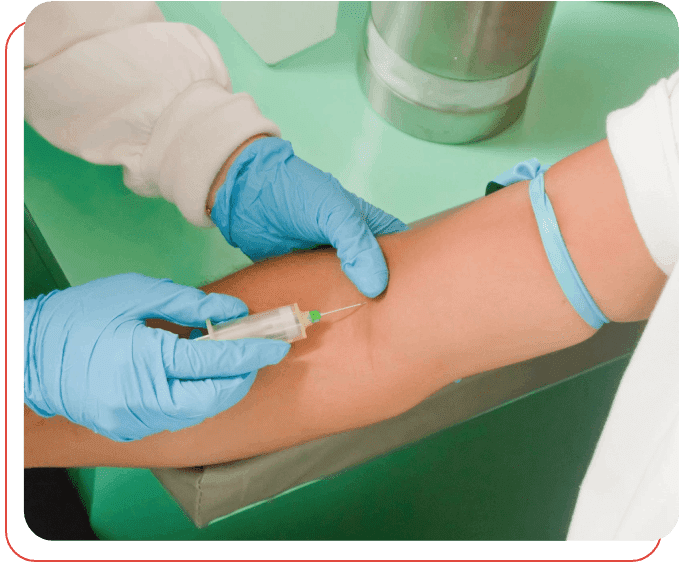
Frequently Asked Questions
Truth Matters DNA Services offers a comprehensive collection of frequently asked questions. Here, clarity is my priority as I address common questions about my services and procedures. You'll find helpful answers to ensure you're well-informed every step of the way. If you have any issues that aren't addressed, don't hesitate to reach out to me directly for personalized assistance.
Understanding DNA Paternity Testing
DNA Paternity Testing relies on genetic material to ascertain whether a man is the biological father of a child. This process involves collecting small cheek-swab samples from both individuals for analysis.
Paternity tests operate by gathering DNA from the inner cheeks of the participants using a straightforward and painless swabbing process. Subsequently, the DNA samples from the alleged father and the child (whether minor or adult) are compared to assess the probability of a biological relationship between them.
Paternity testing offers several benefits, including:
- Legal paternity tests provide access to legal rights and privileges, such as health insurance or child support.
- Insights into medical history, including inherited conditions.
- Facilitation of emotional bonds and a deeper understanding of one's identity.
Determining paternity involves analyzing specific genetic sequences and utilizing ethnic data to calculate the likelihood of paternity. For a man to be considered the biological father of the tested child, there must be a match between their DNA at each genetic location tested. The probability of this match is calculated for each genetic location and multiplied together to determine the Combined Paternity Index (CPI). A higher CPI indicates a higher probability of paternity. However, achieving 100% certainty of paternity would require testing every man in the world. Consequently, anything above 99% is generally considered conclusive. If there is no match at any of the genetic locations tested, the Combined Paternity Index is 0%, and the man is not considered the biological father.
Although not mandatory, testing the mother of the child is highly recommended to ensure conclusive paternity results.
For all Legal DNA paternity tests (chain of custody), clients must provide a valid government-issued ID, such as a driver's license, passport, or military ID. However, minors are exempt from this requirement as long as the guardian and/or alleged father sign the consent form for the child to be tested.
